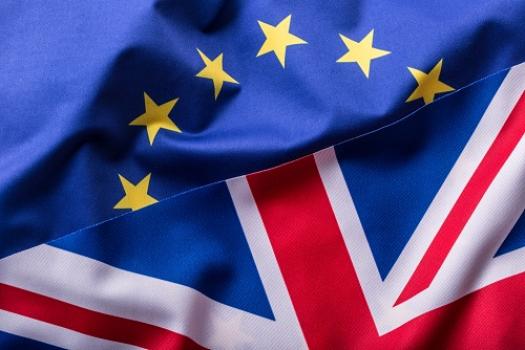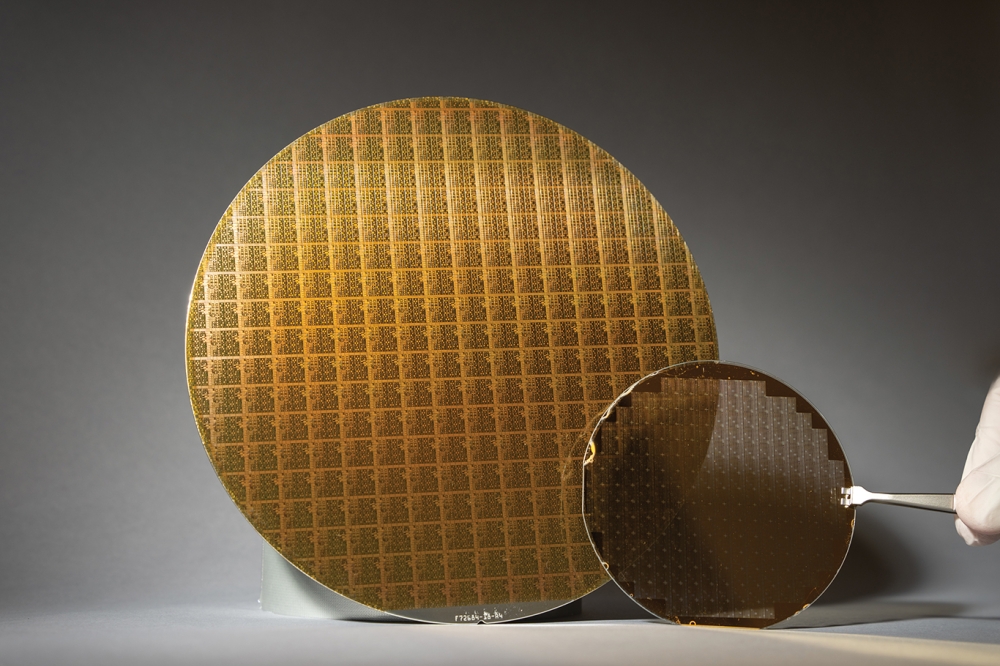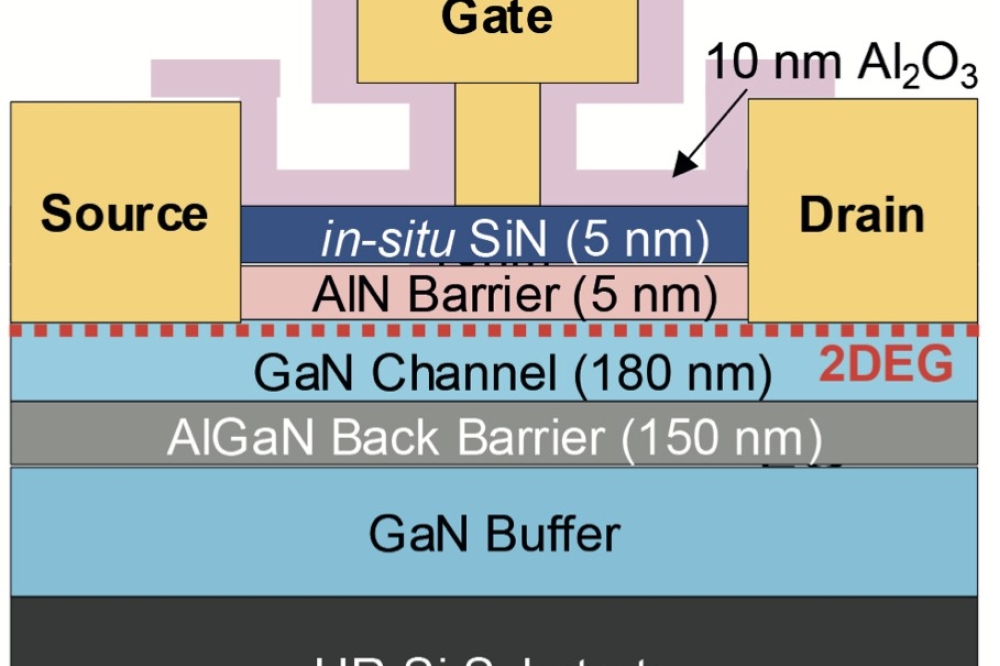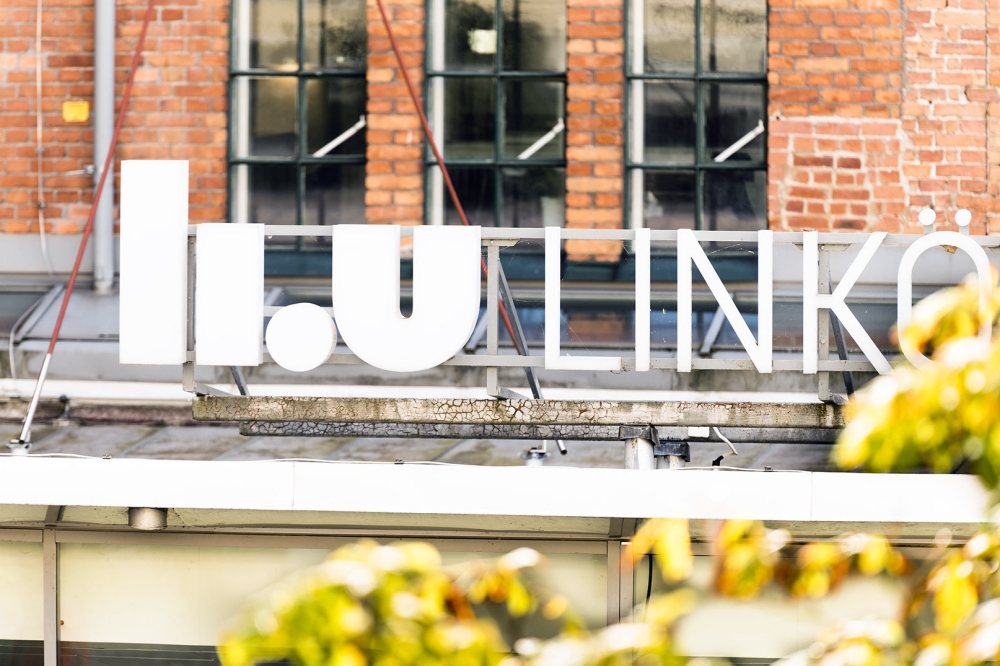EU referendum: in or out?

With the UK's decision on whether to leave the European Union looming, Compound Semiconductor asks key industry players how they will vote.
On June 23rd, 2016, the UK will vote to either stay in the EU or opt out. [Image: Marian Weyo]
With only weeks until the European Union referendum and the 'Remain' and 'Leave' campaigns neck and neck, many businesses across the UK are making strong economic cases to stay in the EU.
A recent poll from CBI revealed 80% of its members, of which 71% were SMEs, believe 'in' will be best for business. At the same time, the UK employers' lobby group, warns a vote to leave would cost UK economy £100 billion and 950,000 jobs by 2020.
"Even in the best case, [Brexit] would cause a serious shock to the UK economy," asserts Carolyn Fairbairn, CBI Director-General. "Without a free trade deal, 90% of British exports to the EU, by value, could face tariffs....and products imported from the EU into the UK could also face tariffs."
UK-base compound semiconductor industry players concur. As Michael Le Goff, chief executive of Plessey, told Compound Semiconductor: "The referendum does matter to the company and is a complete distraction and unnecessary risk that the government should not be taking at this time."
"There are no pressing issues here other than the British Conservative Party's own internal political objective," he adds.
Likewise, Jill Shaw, chief executive of Anvil Semiconductors, reveals concerns, saying: "The result of the referendum is very important and the uncertainty that would follow a Brexit could be a killer."
Indeed, in recent weeks, myriad UK businesses have raised concerns over potential impacts of a Brexit decision, including UK trade barriers, rising unemployment and a reduction in GDP.
Siemens chief financial officer, Maria Ferraro, recently stated: "It took seven years for Canada to negotiate their EU trade agreement. Investment wouldn't cease, but it would take time for stability to return and the UK to be an attractive place to invest."
For both Shaw and Le Goff, the economic fallout that could follow a Brexit decision is a massive worry. As Shaw highlights: "This result may be better for the UK in the long term - although I don't believe this - but the impact on Anvil in the first two years would be significant."
And likewise, Le Goff states: "The issues post a referendum [decision to leave] are completely unknown and that is the risk. The question is, why take this risk at this time?"
Yet amid the risk, distraction and uncertainty, industry players have yet to see any negative impacts on business.
As Le Goff puts it: "We attended the recent 'Light+Building 2016' conference in Frankfurt, the largest lighting show in the world, and no-one was discussing the upcoming referendum."
And Shaw speaks of a similar experience: "I've not noticed [any effects on business] that can be put down to current referendum uncertainties, except perhaps the weakness of the Sterling."
"As a company with a number of European suppliers, this weakness against the Euro is really hitting our finances," she adds.
Questionable funds
For Shaw, the severed European partnerships that could follow a Brexit decision, are a thorny issue. "As a start-up, connections with European companies are key, as is access to European grants," she says.
And the Anvil Chief executive's apprehensions over the future of EU research, in the advent of a 'leave' decision, are echoed across the industry. Earlier this month, Cardiff-based IQE stood up for the CBI and highlighted the crucial role that Europe has to play in developing and commercialising emerging technologies.
Pointing to numerous pan-European initiatives, including Horizon 2020, ECSEL pilot line initiatives, Photonics 21 and more, IQE head of open innovation, Chris Meadows, says: "Europe has strong ambitions to reshore major high technology manufacturing from other parts of the world."
"This requires a cross-border coordinated industrial strategy, involving major players across Europe," he explains. "If the UK chose to leave the EU, it would be largely isolated from these initiatives, and much poorer for not playing a significant role."
But while IQE clearly supports continued membership of the EU, Meadows is perhaps less concerned over a Brexit decision than industry peers.
"IQE trades within and outside of Europe, with Asia and the US being the Group's dominant markets, so the results on the 23rd June is unlikely to have any short-term impact on our business," he says.
"[And] while a Brexit would inevitably affect European funding mechanisms and support for UK businesses, its impact on collaborations may be less if effective trade agreements are in place, as is the case for non-member states," he concludes.


































